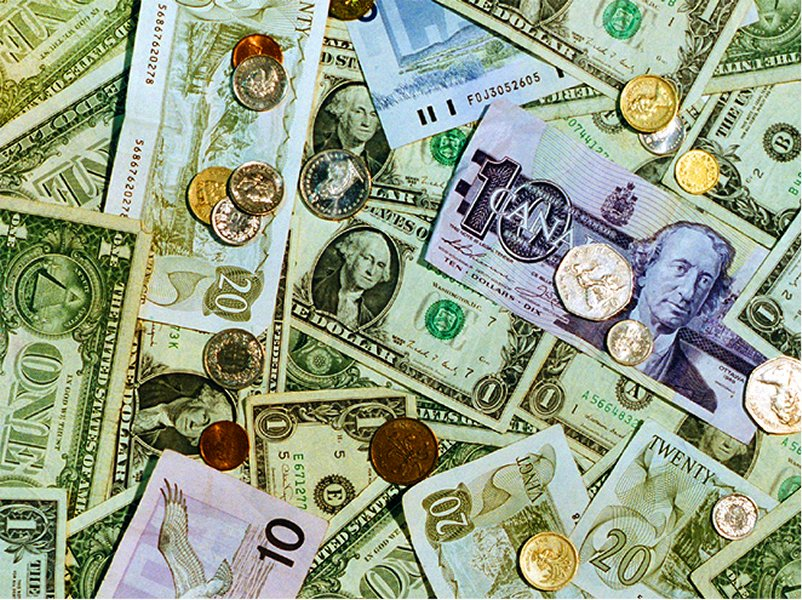Yesterday’s AM fix was USD 1,730.00, EUR 1,279.68, and GBP 1,119.81 per ounce.
Gold and silver were caught in the headlights of the "Risk Off" juggernaut last week, the carnage was not helped by a poorly timed margin increase out of the Comex and Shanghai Gold Exchange. Asian markets maintained the bearish slant overnight with the NIKKEI selling of 2%; gold was at one point off by more than $100/oz, trading at $1,550/oz, but has since staged a modest recovery and is trading now at $1,613/oz.
From Goldcore:
Gold is trading at USD 1,613.00, EUR 1,198.37, GBP 1,040.91, JPY 123,180, AUD 1,654.44 and CHF 1,465.41 per ounce.

Markets Move to Cash
Why Did Gold Sell Off So Aggressively?
Large liquid asset prices tend to approach efficiency, over time. When new information is ingested by the market the price of securities is adjusted up, down or not at all. Currently markets in general are nervous as they were caught off guard by the Fed statement last week, which outlined a weaker U.S. economic growth forecast. Moreover, the negative sentiment is being compounded by commentary from a host of world leaders and institutions, urging action on Europe and debt problems in general. At times like this leveraged market participants (hedge funds and proprietary trading desks) must assign a fair value for the holdings that they own. Trading desks must adjust books for a slower economic growth forecast, which creates lower corporate earnings and translates into lower stock prices. The Fed comments sparked the sell off.
All this activity feeds off itself and the markets can quickly find themselves in a destructive downward spiral where fairly valued assets are sold off aggressively. Margin holders of assets are forced to sell, active traders, trying to get ahead of the market position themselves to profit from these market moves. Passive market participants, typically the general public, will then look at this market activity and consider selling as they will logically ask themselves, "What is it that the market knows and that they do not?". Eventually over time a consensus begins to form and the volatility of the markets (the velocity of price change) begins to calm down, until the next quantum shift in market knowledge occurs.
The fundamentals underpinning gold have never been sounder. The correct price for gold is a matter of interpretation but it is fair to say the resent price moves in the metal have nothing to do with a change in the fundamentals. Indeed, the selling activity was a mass liquidation event that affected most asset classes across the board and benefited the U.S. dollar as investors went to ground, hiding in cash.
It is important to note that the underlining problem of debt and the issuing, redemption and/or forgiveness of debt are the questions being tackled by the political classes. The world economy is at a cross roads with many sub-optimal imbalances dragging back growth. Most if not all of these imbalances are the result of parochial and ill-conceived fiscal and monetary policies of powerful countries that refused to take in account the global affects of their actions. Capital markets are increasingly taking their cue from official actions as opposed to the fundamentals of capitalism. Unfortunately for policy makers, the confusion that they are inadvertently sowing, viz-a-vis the weaknesses of their institutions, is in its self eroding confidence and thus restraining consumer spending. Washington and Brussels are attempting to address the problem, but "Do they have the political mandate to effect the necessary changes?" is the question of the hour.
For our latest news and commentary follow us on Twitter.
SILVER
Silver is trading at $28.60/oz, €21.15/oz and £18.42/oz
PLATINUM GROUP METALS
Platinum is trading at $1,548.20/oz, palladium at $626/oz and rhodium at $1,625/oz.
NEWS
Financial Times
Gold Slides as Investors Scramble for Cash
Bloomberg
Commodities Drop to 10-Month Low as Silver Plummets on Debt, Growth Risk
COMMENTARY
Market Watch
In euro crisis, Merkel is replaying 1931